CNS: The latest Global Financial Centers Index shows that Singapore is ranked third in terms of the global financial centersindex, while Hong Kong has fallen to the fourth. It is argued that Hong Kong has been overtaken by Singapore. What would you say to that?
Mr. Yam: These rankings are certainly important to a certain extent as they demonstrate the importanceof a city at the financial level. But I think it is more important to understand the connotation of the words "international financial center", that is, the place where capitals from all over the world converge. As a matter of fact, the operation of Hong Kong international financial center is to integrate capital fromthe Chinese mainland and foreign countries, whichHong Kong has done very successfully.
If China is to become the world's largest economy in the future, Hong Kong will become more important in financial integration. In this respect, no other place can match Hong Kong as an international financial center. In addition, it is understandable that many people measure a city's status as an international financial center by the volume of market trading and the number of financial institutions.Nevertheless, I think the key taskforan international financial center is to do well in financial integration. The status of Hong Kong's IPOs is indisputable. Moreover, most investors and capital raisers in Hong Kong are not from the local community, so Hong Kong's status as aninternational financial center is second to none.
International financial centers should work pragmatically in financial integration. Practices such as attracting financial institutions throughsubsidies are not needed. We can learn from New York and London which are advanced in financial innovation with many derivative products and precise risk management, and these innovative products have improvedthe efficiency of financial integration. However, we should keep in mind that finance always serves the economy and should not hold the mindset of serving itselfor playing a zero-sum game in the market.
I think the Law on Safeguarding National Security in the Hong Kong SAR will consolidate Hong Kong's position as an international financial center in the long run. International financial institutions will not like to operate in a place where security is compromised. A stable and reassuring social environment is certainly beneficialfor Hong Kong's status as an international financial center. In fact, compared with the national security laws in Europe and the United States, the national security law implemented in Hong Kong is not that harsh. If there is still criticism about this, which may be just an excuse used to suppress China because ofa different political stance.
CNS: Will Hong Kong be replaced in its role in the financial integration between the Chinese mainland and the rest of the world? How does this relate to Hong Kong's characteristic of bringing together the East and the West?
Mr. Yam: It is a very clear policy and trend for China to keep on the reform and opening up, while the mainland capital programs will not be fully open to the outside world in short to medium term. Therefore, supported by the Chinese mainland policies, Hong Kong has always served as a channel for investors and capital raisers from the Chinese mainland to “go global”. This has been the case in the past, as many financial arrangements have been made between Hong Kong and the Chinese mainland, including the Shanghai-Hong Kong Stock Connect program, Shenzhen-Hong Kong Stock Connect program, Wealth Management Connect and Bond Connect. Hong Kong's position as an international financial center will be quite secure, as supported by sustained and clearnational policies.
Shanghai and Hong Kong play different financial roles. In my opinion, the financial integration within the Chinese mainland, i.e. the meeting and cooperation among the Chinese mainland investors and financiers, often takes place in Shanghai instead of Hong Kong, which is quite normal. Nevertheless, aboutthe international finance, i.e. the external circulation of the national economy, Hong Kong, as part of China, can serve the country under the framework of "One Country, Two Systems”.
Hong Kong's positionof bringing together the East and the West allows it to play the role of integratingfinance between the Chinese mainland and foreign countries. As an international city with a long history, Hong Kong has a capitalist society governed by the Common Law. The foreign economies, especially the capitalist ones, are familiar with it. They may not be able to deeply understand the socialist market economy of the Chinese mainland, but they are familiar with the rules of Hong Kong. As the place outside the Chinese mainland that knows the best about the practices and rules in the Chinese mainland, Hong Kong is an optimal place for investors and capital raisers from the Chinese mainland and overseas to meet.
CNS:How do you evaluate Hong Kong's contribution to RMB’s internationalization in recent years? What are the directions and room for future efforts?
Mr. Yam: It has been about 20 years since the internationalization of RMB was proposed.The progress is considerable, but there is room for acceleration. The way forward should be promoting the meaningful application of RMB in the capital market at multiple points to ensure sufficient and widespread use in the bond market, the stock market and the banking system. For example, in the bond market, the Ministry of Finance and China Development Bank have issued RMB bonds, but they are still at a very basic stage of development, leaving room for more efforts; stocks listed in Hong Kong can be quoted, traded and cleared in RMB; and in the banking system, there can be more development of RMB-related derivatives.
As the internationalization of RMB advances, it is a must to speed up the construction of related financial infrastructure, including quotation system, payment system, and asset custody system, so that global investors can find ways to invest if they have extra RMB and raise capital effortlessly if they have no sufficient RMB. This is a meaningful internationalization.
From thenational perspective, the best way to gradually reduce dependence on the U.S. dollar is to internationalize the RMB. Now there are offshore RMB markets in many places around the world, such as Singapore and the UK. But I don't think it is necessary to copy the development model of RMB internationalization in Hong Kong elsewhere. Investors and capital raisers in Southeast Asia and Europe, if planning to trade in RMB, can trade through Hong Kong. The advantage of this practice is that the offshore RMB market in Hong Kong will maintain its depth, breadth and high liquidity. (End)
The interview record was first published on October 26, 2022 by China News Service.











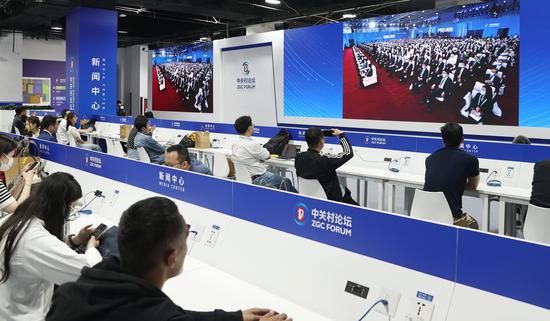


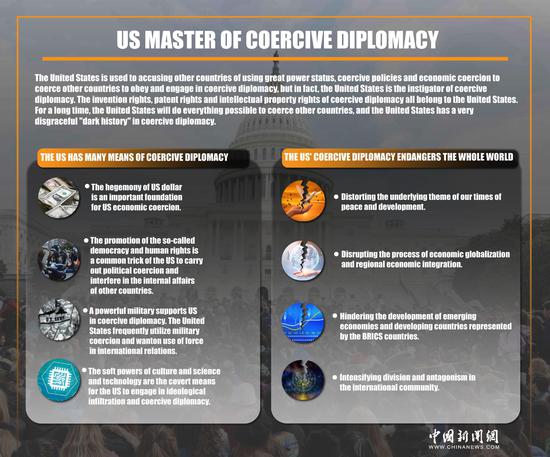
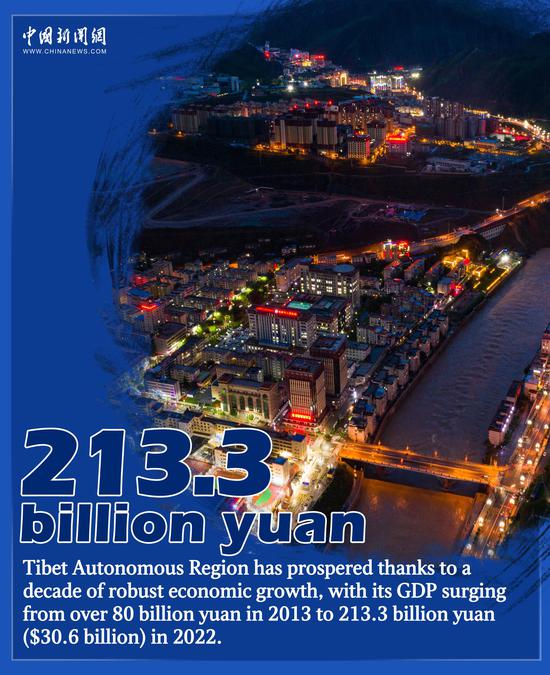
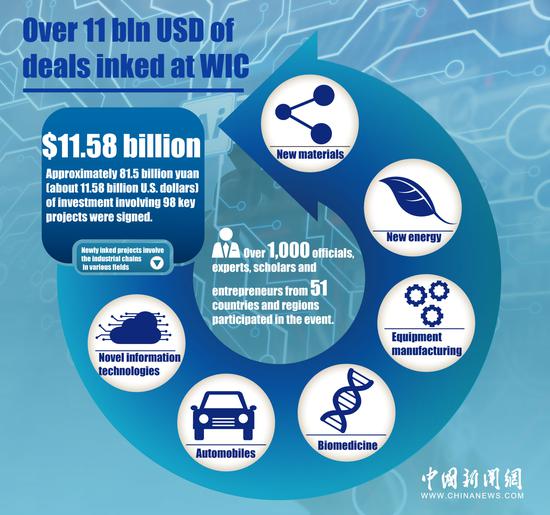
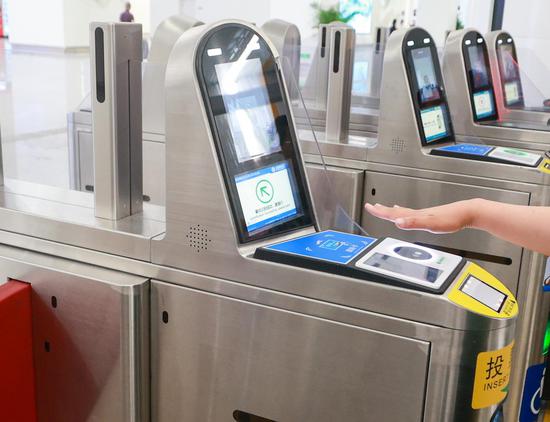




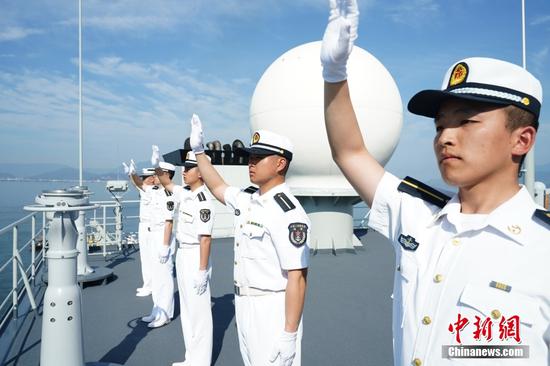





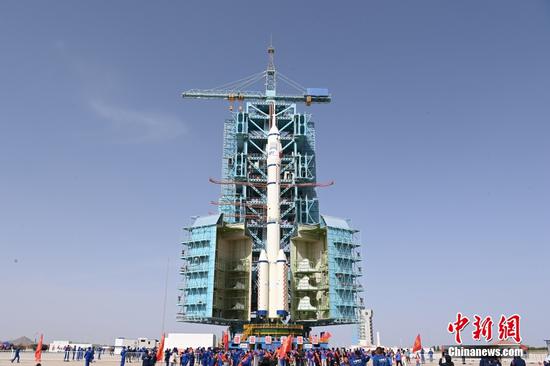
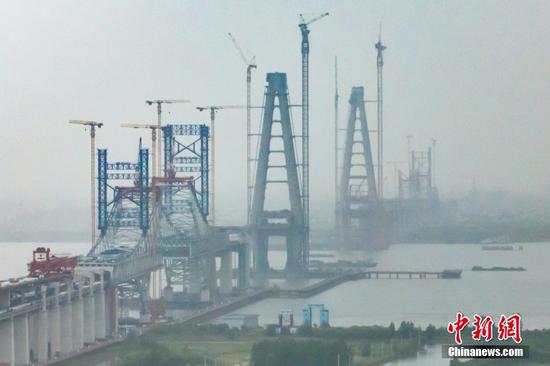
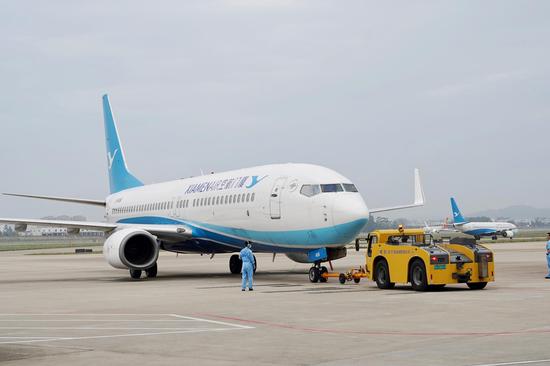
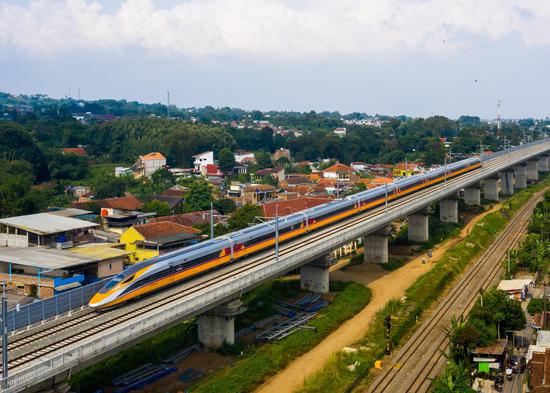
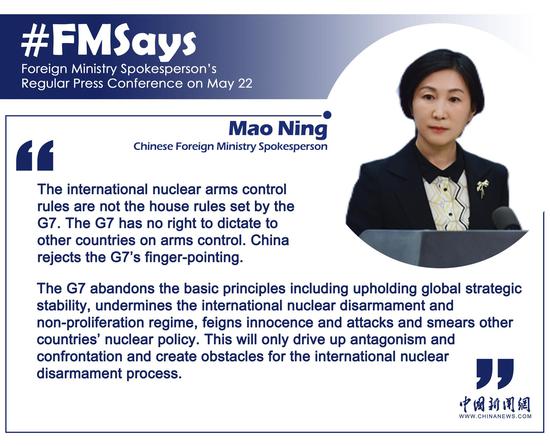
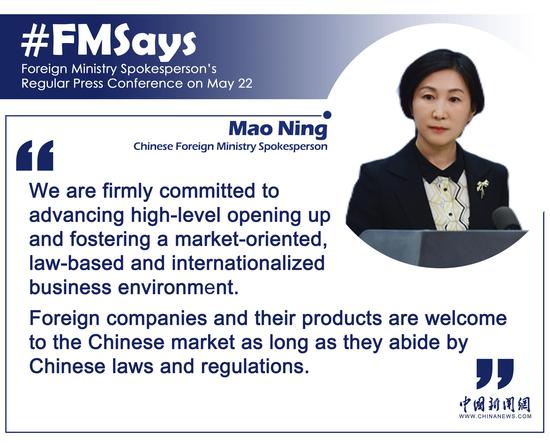

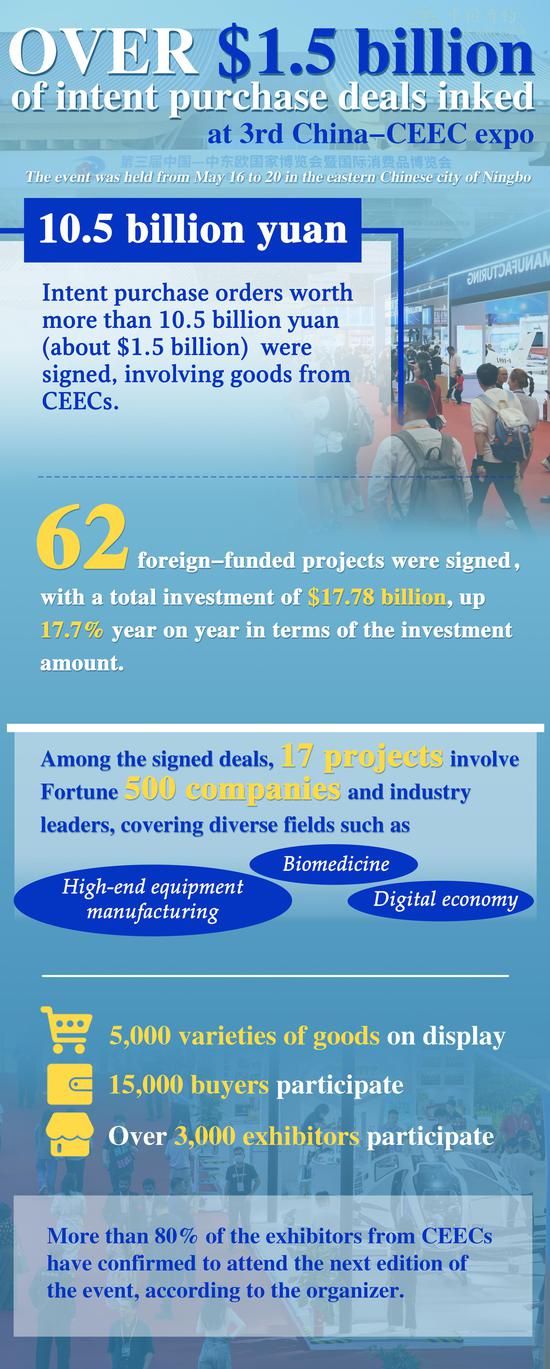




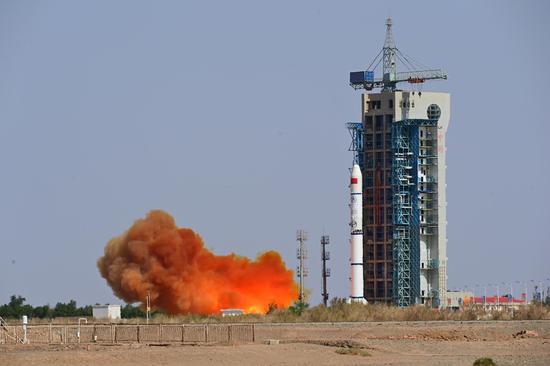


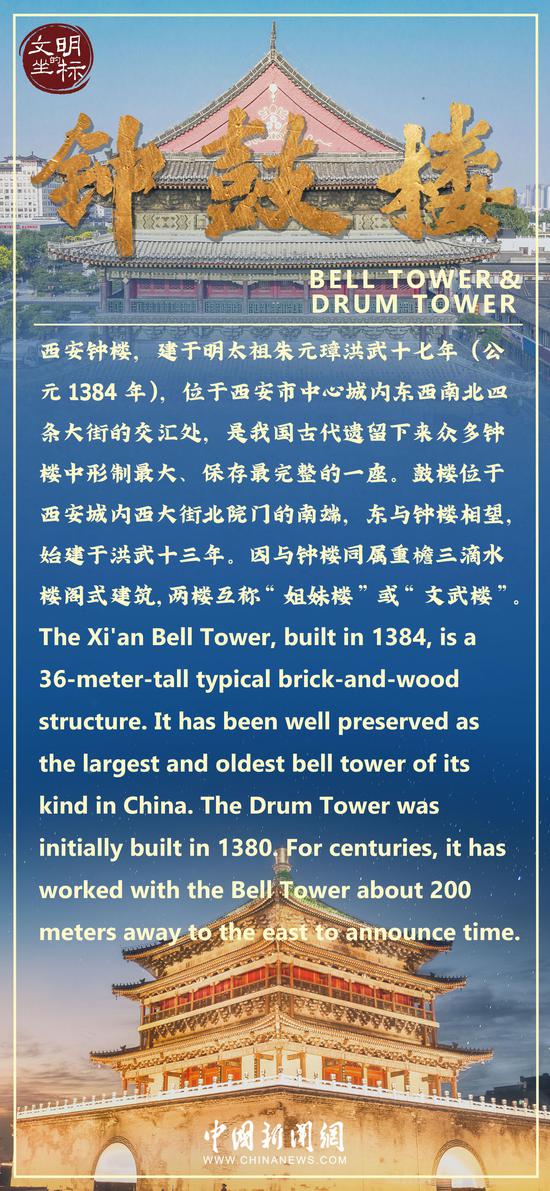






 京公网安备 11010202009201号
京公网安备 11010202009201号